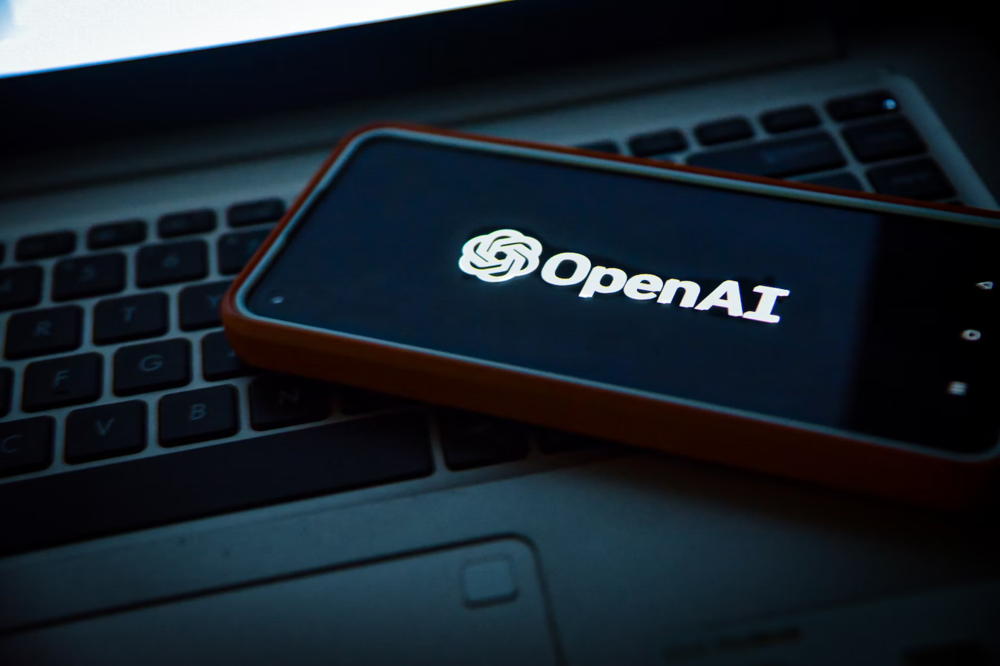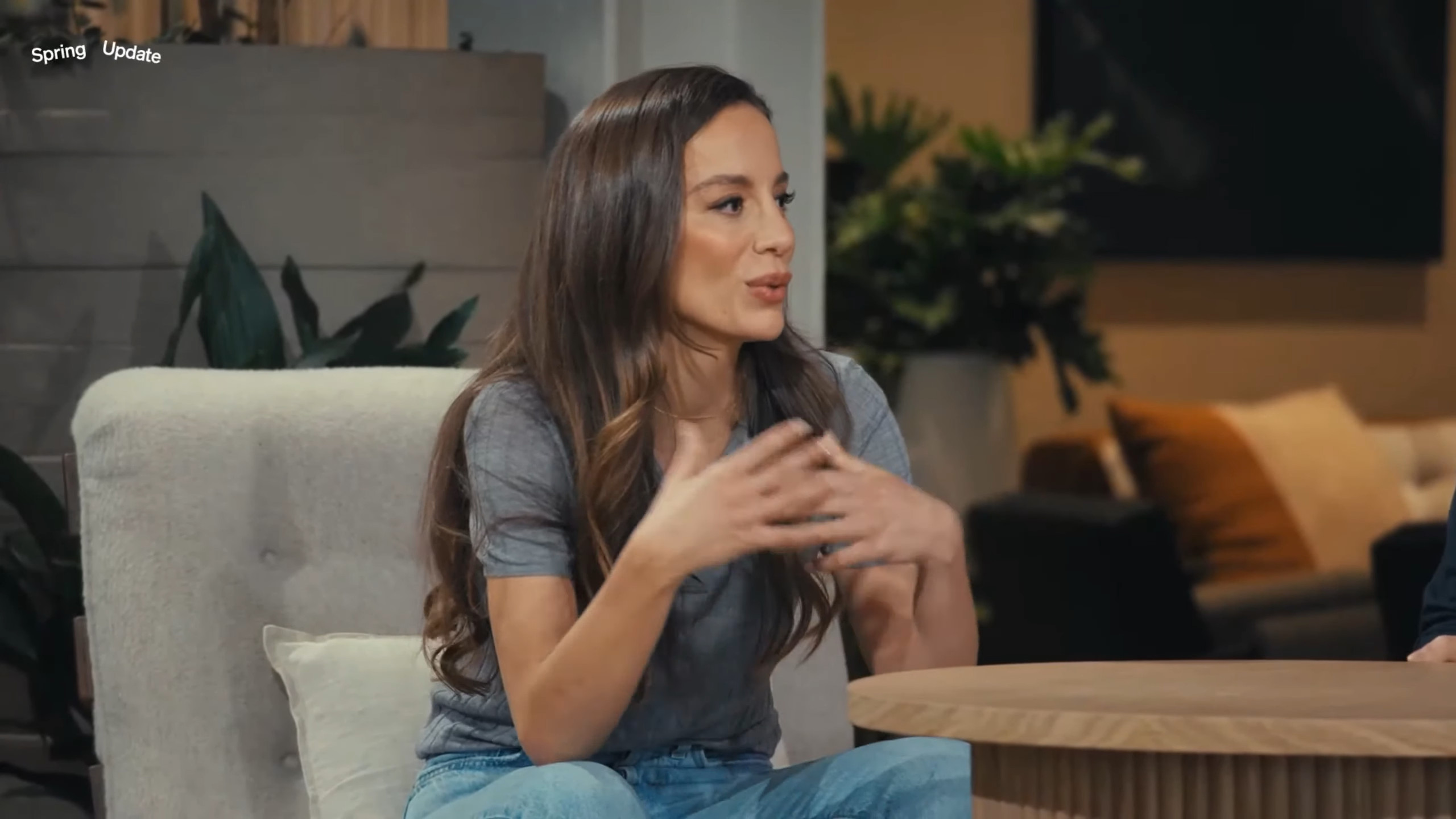[ad_1]
OpenAI’s bid to convert to a ‘for-profit’ organisation is opposed by Elon Musk and co in a federal courtroom
Elon Musk continues his campaign against OpenAI, the company he helped found, but is currently suing as it competes with his own AI startup (xAI).
CNBC reported that Elon Musk is asking a federal court to stop OpenAI from converting into a fully, for-profit business. Lead counsel for Musk, Marc Toberoff, reportedly filed a motion for a preliminary injunction on Friday.
It comes after reports in September 2024 stated that OpenAI is restructuring itself into “for-profit benefit corporation” – a significant move away from its “non-profit” roots.

Musk objection
Earlier this month OpenAI reportedly began talks with the California attorney general’s office over the process to switch from a non-profit to a for-profit structure. The company will submit the details of its restructuring plan once it is finalised,
But Elon Musk is not happy.
According to the CNBC report, attorneys representing Musk, as well as xAI and former OpenAI board member Shivon Zilis filed for a preliminary injunction against OpenAI last Friday.
The injunction would also stop OpenAI from allegedly requiring its investors to refrain from funding competitors, including xAI and others.
CNBC noted that the latest court filings represent an escalation in the legal feud between Musk, OpenAI and its CEO Sam Altman, as well as other long-involved parties and backers including tech investor Reid Hoffman and Microsoft.
“Elon’s fourth attempt, which again recycles the same baseless complaints, continues to be utterly without merit,” an OpenAI spokesperson was quoted as saying in a statement.
Microsoft declined to comment.
Musk lawsuit
The commercial status of OpenAI was the subject of a lawsuit from Elon Musk, after he sued OpenAI in March for breach of contract, alleging the firm was no longer following its original non-profit principles.
Musk abruptly withdrew the lawsuit without explanation in June, a day before a judge was due to rule on OpenAI’s request for it to be dismissed.
But in August Musk filed a “more forceful” lawsuit, alleging that that OpenAI and its co-founders Sam Altman and Greg Brockman had gone against the company’s founding principles by prioritising commercial interests over the public good.
Attorneys for Musk in the federal suit argued in their complaint that OpenAI has violated federal racketeering, or RICO, laws.
OpenAI had earlier in the year issued a very public and point by point rebuttal of Musk’s allegations, by directly comparing them to Musk’s own words within his own emails.
Funding complaint
In mid-November, Musk and co reportedly expanded their complaint to include allegations that Microsoft and OpenAI had violated antitrust laws when OpenAI allegedly asked investors to agree to not invest in rival companies, including Musk’s newest startup, xAI.
“Microsoft and OpenAI now seek to cement this dominance by cutting off competitors’ access to investment capital (a group boycott), while continuing to benefit from years’ worth of shared competitively sensitive information during generative AI’s formative years,” the lawyers reportedly wrote in the filing.
The attorneys wrote that the terms OpenAI asked investors to agree to amounted to a “group boycott” that “blocks xAI’s access to essential investment capital.”
OpenAI completed a $6.6 billion (£5.1bn) funding round in October that values it at $157bn, making it one of the most valuable private companies in the world.
Many key senior staff under the previous structure have left the company as its transition plans have progressed, including co-founder Ilya Sutskever and former chief technology officer Mira Murati.

[ad_2]
Source link

